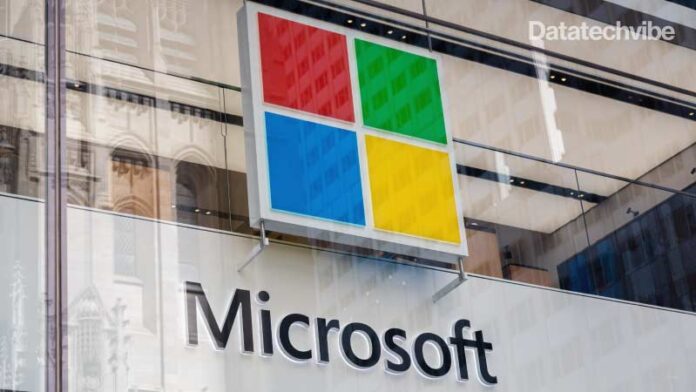The Azure OpenAI Service adds corporate-tailored layers, including greater scaling capacity, private networking and access management
Coinciding with Build and fueled by innovations from OpenAI, Microsoft is expanding Azure OpenAI Service to support additional use cases. The service is in limited access preview, meaning customers who want to use it can apply for pay-as-you-go access. Previously, Azure OpenAI Service was available by invitation only.
Late last year, Microsoft announced the launch of Azure OpenAI Service, a product designed to give businesses access to AI lab OpenAI’s technologies with added governance features. Initially invite-only as a part of Azure Cognitive Services, the service allows access to OpenAI’s API through the Azure platform for applications like language translation and text autocompletion.
Built by OpenAI, the models powering Azure OpenAI Service, including GPT-3, can be customised to perform tasks, from translating natural language into code to generating answers to questions. The Azure OpenAI Service adds corporate-tailored layers on top of the models that the API doesn’t, including greater scaling capacity, private networking and access management.
The improvements are in part thanks to InstructGPT, a family of GPT-3-based models recently developed by OpenAI that are less likely to generate problematic text while more closely aligning with a user’s intent. While InstructGPT isn’t perfect, its performance on internal tests at OpenAI was strong enough for the company to make it the default language-generating model in the OpenAI API.
Another new collection of models in Azure OpenAI Service, called embedding models, are turned to perform well on tasks like text similarity, text search and code search. Text similarity captures the semantic similarity between pieces of text, while text and code search find information in files to satisfy a set of criteria.
Beyond enhanced fine-tuning and new models, Azure OpenAI Service now offers access to Codex, which can generate code given a natural language prompt. Codex can be used for programming tasks, including transpilation, explaining code and refactoring code in languages spanning Python, JavaScript, Go, Perl, PHP, Ruby, Swift and TypeScript.
Peering into the future, Microsoft said it would continue to work closely with OpenAI to develop and figure out ways to commercialise the lab’s technologies. Microsoft maintains a close relationship with OpenAI, having invested $1 billion in the lab in 2020 and exclusively licensed GPT-3. Microsoft maintains an “AI supercomputer” in Azure that OpenAI uses to train its models, and the company has integrated GPT-3 and Codex into several of its services, including Power Apps and GitHub’s Copilot.









